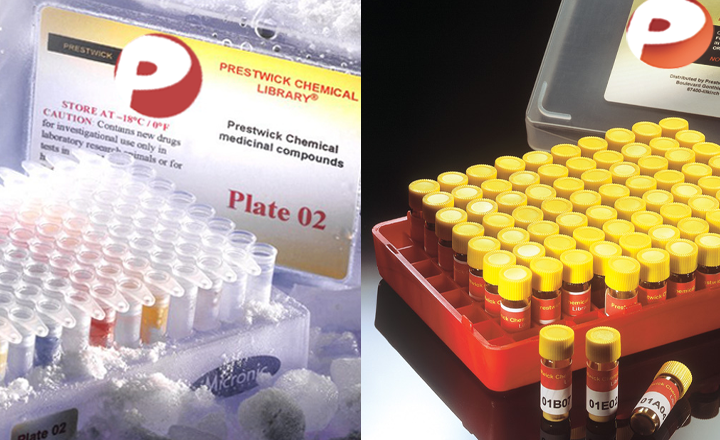Anti-tumor activity of the beta-adrenergic receptor antagonist propranolol in neuroblastoma.
Wolter JK, Wolter NE, Blanch A, Partridge T, Cheng L, Morgenstern DA, Podkowa M, Kaplan DR, Irwin MS
Oncotarget - vol. 5 161-172 (2014)
Oncotarget
Neuroblastoma (NB) is a pediatric tumor of the sympathetic nervous system, which is often associated with elevated catecholamines. More than half of patients with metastatic NB relapse and survival is extremely poor with current therapies. In a high-throughput screen of FDA-approved drugs we identified anti-NB activity for the nonselective β-adrenergic receptor antagonist propranolol hydrochloride. Propranolol inhibited growth of a panel of fifteen NB cell lines irrespective of MYCN status, and treatment induced apoptosis and decreased proliferation. Activity was dependent on inhibition of the β2, and not β1, adrenergic receptor, and treatment resulted in activation of p53 and p73 signaling in vitro. The majority of NB cell lines and primary tumors express β2 adrenergic receptor and higher mRNA levels correlate with improved patient survival, but expression levels did not correlate with in vitro sensitivity to propranolol. Furthermore, propranolol is synergistic with the topoisomerase I inhibitor SN-38 and propranolol inhibits growth of NB xenografts in vivo at doses similar to those used to treat infants with hemangiomas and hypertension. Taken together, our results suggest that propranolol has activity against NB and thus should be considered in combination treatments for patients with relapsed and refractory NB.


